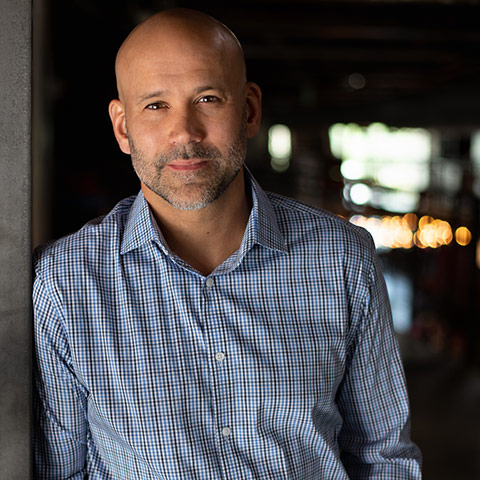Regis alumnus wins Tillman scholarship
Regis University alumnus Tim Spalla’s service to his country, his work saving wildlife and his mission to heal combat scars has paid off with a prestigious Pat Tillman scholarship.
Spalla, profiled in the Winter 2021 issue of Regis University Magazine, is one of 60 current and former service members — chosen from among thousands of applicants — selected as a 2022 Tillman Scholar.
Named for Pat Tillman, who famously left a successful NFL career to become an Army Ranger and was killed in 2004, the Tillman Foundation supports “military service members, veterans and spouses with a high potential for impact as demonstrated through a proven track record of leadership, the continued pursuit of education and the commitment of their resources to service beyond self.”
Spalla, who completed his master’s in counseling at Regis this summer, credited the University with putting him on the path to success. “This award doesn’t happen without Regis,” he said.
The Regis counseling program, and its faculty, Spalla said, “just broke me apart and helped me put myself back together in a way that helped me serve myself and my and community. The professors here aren’t just professors, they’re healers.”
Spalla’s goal is to become a healer himself. He hopes to put his experience as an Army Ranger to work helping those struggling with the emotional damage of combat and traumatic experiences. The $5,000 a year provided by the Tillman scholarship will be a great help, he said, as he pursues a doctorate at Saybrook University in Pasadena, Calif. There, he will specialize in transpersonal psychology and integrative health. “I think that’s the kind of therapist I am being called to be,” he said.
In the meantime, he and the Horn of Africa Conservation Alliance will continue investigating wildlife trafficking, and he’ll continue being dad to sons Harry, 7, and Teddy, 5. He’s also co-founded, with fellow Regis graduate Tegan Rowley, the Wounded Healer Project, which encourages and supports veterans who provide therapy to other veterans, and to “encourage veteran therapists to consider working in underserved communities.”
